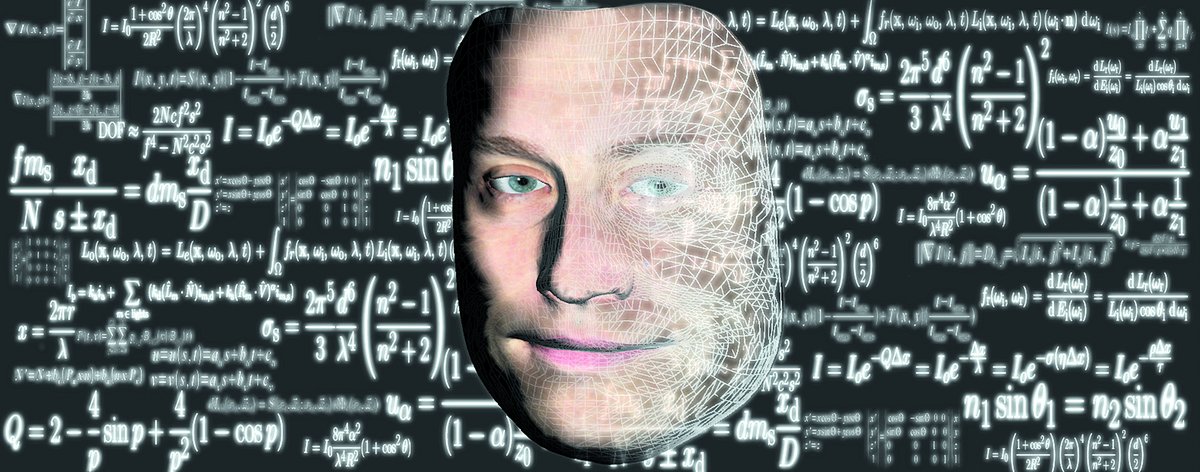
Teaching Machines to Think
A human falls in love with an intelligent humanoid robot. The scenarios presented in science fiction films like “Ex Machina” may seem like mere pipe dreams, but the digital revolution has given information and communication technology an active role in almost every aspect of modern life – from the automated control of home technology, cars and planes, to the semi-autonomous control of power plants, energy and transportation networks, and the use of medical devices, rehabilitation technology and assistance systems. People are already developing emotional relationships with things like voice recognition assistants and the robotic seals used in nursing.
A wide range of scientists at the BTU are conducting basic and applied research in the field of cognitive systems. They’re working on numerous projects to discover how to give machines the ability to perceive, understand, think and act. They’re collaborating with researchers from South Korea, Finland, the USA, the Netherlands, Italy, Great Britain, Ireland and Austria to develop cognitive systems with social skills and a trustworthy design.
As part of their research, the scientists are designing and implementing integrated mathematical models to mirror human abilities. They’re using their findings to construct machines that can recognise objects and interrelations in various situations, enabling targeted actions to be carried out in areas like production. »The key point is adaptability. When man and machine work together, for example, the machine has to understand what the person requires. That’s what we’re working on. One way in which the scientists in our Research Cluster for Cognitive Systems can simulate the productive thinking abilities of more advanced organisms is by using quantum cognition, which is where the mathematical descriptions used in quantum physics are combined with the approaches of engineering and psychology«, summarises Matthias Wolff, Head of the Chair of Communication Technology.
As cognitive systems are carrying out increasingly complex tasks, the exchange of information between man and machine is also becoming more extensive. »Some examples are humanoid robots and virtual agents that interpret human behaviour and respond through their voice and body language. This allows them to empathetically emulate human emotions«, explains Douglas W. Cunningham, Head of the Chair of Graphical Systems. One goal pursued by the scientists is to develop virtual agents with social skills. They’re using findings from the field of cognitive psychology to establish connections between mental states and behaviour, allowing them to develop non-verbal signals that convey mental states ranging from moods and emotions to personality traits. »We’re implementing, evaluating and refining these models in our virtual agents«, says Cunningham. »It’s important that cognitive systems not only have social skills, but also trustworthiness, as this is highly valued in society«, explains Matthias Wolff. That’s why the research carried out alongside the IHP – Leibniz Institute for Innovations for High Performance Microelectronics is focused on the development of reliable, secure systems that can provide a reliable response to things like cyber-attacks. The scientists in our Research Cluster for Cognitive Systems are working on intelligent, social machines and, in contrast to films like “Ex Machina”, they’re creating positive future scenarios.
The BTU Research Cluster for Cognitive Systems was formed in 2015. Eight professors from the fields of Mathematics, Computer Science, Electrical Engineering and the Philosophy of Technology are working together to develop technical systems with the ability to perceive, understand, think and act.
